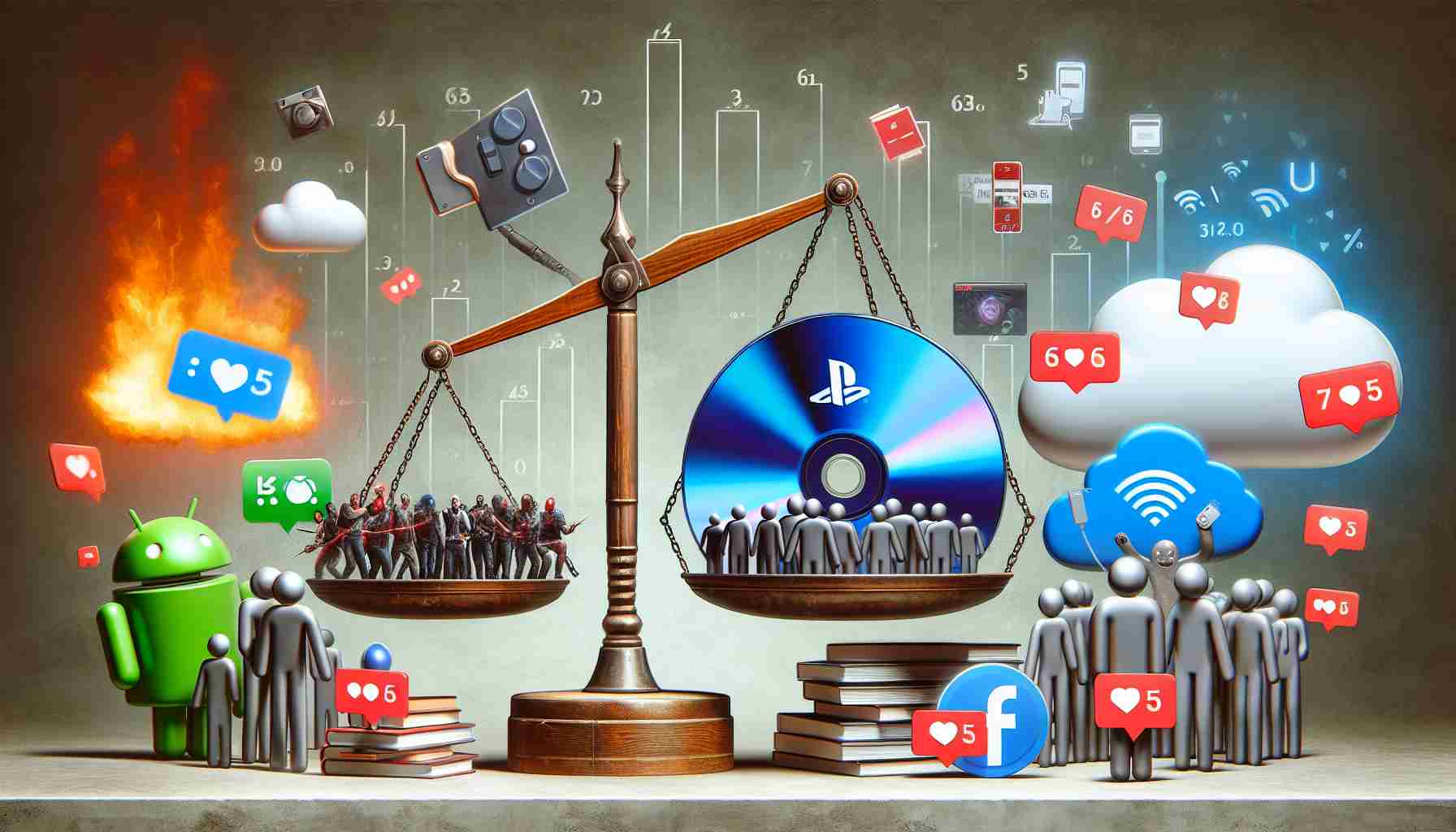In a recent update to its storefront, Valve has revealed a significant change regarding the ownership of games purchased through Steam. This shift suggests that gamers may not truly own their purchased titles but are, in fact, only leasing them.
The new message appears on the “Your Shopping Cart” page, indicating that purchasing a digital product on Steam grants only a license, not outright ownership. Users now see a notification that advises them to refer to the Steam Subscriber Agreement for more detailed terms. The wording in the licensing section has sparked unease among players, as it clarifies that the content is licensed, not sold, thereby stripping away any notion of ownership.
This change aligns with a recently enacted law in California, known as “AB 2426,” which mandates that digital marketplaces must explicitly inform customers that their purchases are merely licenses to access content, rather than actual ownership of the items. This new legislation impacts not just video games, but also movies, music, and ebooks.
Gamers are understandably worried, especially recalling previous instances where titles like Ubisoft’s The Crew were unlisted, leading to the removal of the game from numerous libraries. With this potential for loss, many players are reconsidering their digital purchasing habits and reflecting on the security of their gaming libraries, leading some to ponder a return to physical copies for future titles.
Understanding Digital Ownership: Tips and Life Hacks for Gamers
In light of the recent changes to digital ownership in gaming, it’s more important than ever for gamers to stay informed and adaptable. Here are some tips, life hacks, and interesting facts that every gamer should consider regarding digital game purchases and ownership.
1. Know Your Rights
As a user of digital marketplaces like Steam, it’s essential to read and understand the agreements and terms of service. Familiarizing yourself with the Steam Subscriber Agreement will provide clarity on what you own when you purchase a game. Knowledge is power; understanding that you’re purchasing a license rather than outright ownership can help set realistic expectations.
2. Keep Your Library Safe
Consider maintaining backups of your favorite games. While digital libraries are convenient, the potential for losing access to games due to platform changes or unavailability is real. Some players opt for programmable software to back up game files or even explore physical copies when available. Remember, a backup can save the day!
3. Evaluate Digital Marketplaces
Not all digital platforms operate under the same policies. Platforms like Epic Games Store or Origin may have different terms of service concerning ownership and access. It’s wise to evaluate these alternatives, particularly if they often offer exclusive deals or free games.
4. Stay Informed on Legislation
The recent law in California, “AB 2426,” is a significant change in digital purchasing. Keeping an eye on such legislation can help gamers anticipate future developments in digital ownership laws, which might affect how game platforms operate and what rights consumers have.
5. Explore Physical Copies
With worries about losing access to digital games, consider purchasing physical versions, especially for titles you love. These can often be resold or traded, providing a form of ownership that digital copies cannot.
6. Utilize Subscription Services Wisely
Services like Xbox Game Pass or Nintendo Switch Online can provide vast libraries of games for a monthly fee. However, it’s crucial to recognize that access to these games may disappear if you stop your subscription. Always weigh the pros and cons before subscribing.
Interesting Fact:
Did you know that the concept of digital ownership is still a relatively new topic? When video games transitioned from physical to digital formats, many buyers did not realize that they were not purchasing the item outright. The enforceability of digital licenses is an area of ongoing debate among legal experts and consumers alike.
In conclusion, staying educated on digital game purchases and understanding your rights can help you make better decisions that align with your gaming preferences. Adapt your gaming habits to ensure you have access to the titles you love for years to come!






















